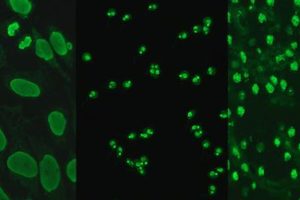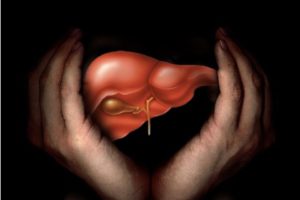death
Jekyll and Hyde: Cells’ executioner can also stave off death
ATLANTA — An enzyme viewed as an executioner, because it can push cells to commit suicide, may actually short circuit a second form of cell death, researchers at Emory University School of Medicine have discovered.
The finding could shift drug di…
Nature study: Jefferson researchers unravel protein’s elusive role in embryo and disease development
PHILADELPHIA — Reporting in Nature, scientists from Thomas Jefferson University have determined that a single protein called FADD controls multiple cell death pathways, a discovery that could lead to better, more targeted autoimmune disease and can…
A grudge match between humanity and death — who wins?
FAIRFAX, Va., February 28, 2011 — Death can be terrifying. Recognizing that death is inescapable and unpredictable makes us incredibly vulnerable, and can invoke feelings of anxiety, hatred and fear. But new research by George Mason University psyc…
Nanotechnology may lead to new treatment of liver cancer
Nanotechnology may open a new door on the treatment of liver cancer, according to a team of Penn State College of Medicine researchers. They used molecular-sized bubbles filled with chemotherapy drugs to prevent cell growth and initiate cell death i…
Competing risks analysis highlights new targets in preventing ESRD and death of diabetics
Patients with both type 1 diabetes and CKD have an increased risk of adverse outcomes. Despite aggressive treatment, many patients with type 1 diabetes and overt nephropathy develop End-Stage Renal Disease (ESRD) and/or succumb to a premature death….
New online tool predicts probability of death from stroke
TORONTO, On — February 10, 2010 — Researchers at St. Michael’s Hospital and the Institute for Clinical and Evaluative Sciences (ICES) in Toronto have developed a new tool that will help doctors predict the probability of death in patients after …






